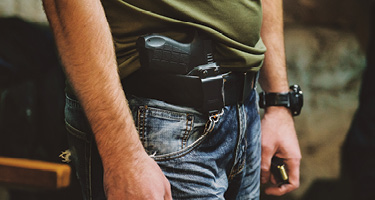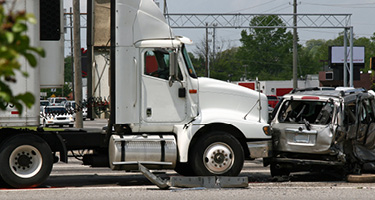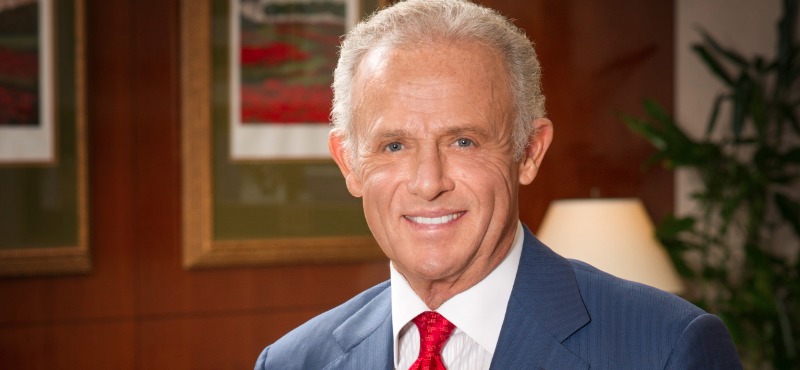The topic of gun violence prevention and the extent of the Second Amendment’s right to bear arms will likely always be debated in the United States. But a February 2022 settlement in Connecticut Superior Court marked a milestone regarding who could be considered liable in wrongful death suits that stems from gun violence.
The December 14, 2012, shooting at Sandy Hook Elementary School in Newtown, Connecticut was the deadliest mass shooting at an elementary school in U.S. history. Armed with a Bushmaster XM-15, the gunman killed 26 victims—schoolchildren and staff—and injured two more after he took his mother’s life and later, his own.
Nearly 10 years later, the families of five children and four adults killed entered into a settlement with Remington, who made and marketed the assault weapon used in the shooting. The gunmaker had entered Chapter 11 bankruptcy protection twice by 2020 and its insurers all agreed to pay the full amount of coverage available—$73 million—to the plaintiffs in the case known as Soto Et Al v. Bushmaster Firearms International.
Connecticut civil litigation firm Koskoff Koskoff & Bieder represented the Soto plaintiffs for seven years, navigating various twists and turns until arriving at the resolution in February. The absence of a criminal trial put the plaintiffs in the Sisyphusian undertaking of assessing federal and state laws and precedent to establish accountability against Bushmaster and its parent entity, Remington Outdoor Company.
The litigation was led by Joshua D. “Josh” Koskoff and Alinor C. Sterling of Koskoff, Koskoff & Bieder. The legal strategy team was rounded out by Koskoff attorneys Lorena Thompson and Jeffrey Wisner and former Koskoff attorney Katie Mesner-Hage.
Medical Insight Leads to Discoveries in Marketing
A physician-attorney, Wisner was a contributing researcher and writer on the Mental Health Law Recommendations of the Sandy Hook Commission Report prior to joining the firm. His contributions might have been made from outside the courtroom but proved invaluable for the trial team.
For example, though there have been credible theories about the gunman’s state of mind and the myriad of mental health challenges from which he suffered, there was no direct blueprint for his motive. Wisner’s medical knowledge and insight helped support and formulate the legal strategy that Remington’s marketing practices directly contributed to the tragedy.
“I knew that my medical background would be helpful to reviewing medical records and autopsy reports of the victims of the horrific Sandy Hook massacre—a step necessary to proving the astronomical damages in this case,” he said.
The carnage at Sandy Hook, the firm argued, was largely influenced by Remington’s unlawful marketing practice under the Connecticut Unfair Trade Practices Act (CUTPA), which is often an exception to the Protection of Lawful Commerce in Arms Act (PLCAA). The PLCAA forbids “‘…immoral, unethical, oppressive or unscrupulous’ marketing practices,” which Wisner said has different thresholds for a toy and an assault rifle.
“The question is fact-specific and considers both the product’s functionality and its marketed use,” he added. “Medical studies detailing the extraordinary tissue damage inflicted by assault rifles like the Bushmaster XM-15—even at sites remote to the entry of a bullet—proved very important to understanding what marketed uses of an assault rifle were legal under CUTPA.”
The firm alleged that the assault weapon’s capacity to harm and unmatched ability to kill was reflective of Remington’s marketing campaigns directing “Forces of Opposition, [to] Bow Down,” and “Clear the Room, Cover the Rooftop.” This messaging, the Koskoff team contended, was illegal under Connecticut law.
Defying the predictions of legal analysts, that argument prevailed. In 2019, the Connecticut Supreme Court held that the families had alleged a claim permitted by PLCAA and allowed the case to proceed. The years of litigation were certainly challenging—undoubtedly slowed when the COVID-19 pandemic gripped the U.S.—and plaintiffs even rejected Remington’s 2021 settlement.
The $73 million result is sizeable, but compensation and justice can be interpreted differently. Beyond the financial outcome, one of the terms of the landmark settlement was that the plaintiffs have the right to make public thousands of pages of internal documents that expose Remington’s wrongdoing.
“The settlement in this case represents one of the first times in American history where a gun manufacturer has been held accountable for a mass shooting,” Wisner noted.
States Run the Gamut on Gun Safety and Rights To Carry
Laws on gun safety continue to evolve in the U.S. Proposed legislation varies from state-to-state; some advocate for tougher laws, while others want their citizens to have easier access in an effort to keep themselves safe and be able to act in a dangerous situation.
For example, on February 18—just days after the announcement of the Soto settlement—California Senator Robert Hertzberg introduced SB 1327, modeled after Texas’ recent abortion bill (Senate Bill 8). SB 1327 would permit citizens to take legal action against those who manufacture, distribute, transport, import into California or sell “assault weapons, .50 BMG rifles, ghost guns or ghost gun kits.”
In March 2022, Connecticut Governor Ned Lamont proposed updated gun control laws, which include expanding the state’s assault weapons ban and curbing the carrying of firearms in polling places and public protests. He received pushback from advocates and politicians who argued the measures are a “kneejerk” reaction to combatting crime.
Currently, a person in Wisconsin could face felony charges for being on school property with a gun. But the Wisconsin State Legislature directly addressed guns near schools in AB 495. This bill, which has been read three times and enrolled by the state’s Legislative Reference Bureau, would allow individuals with a concealed carry permit to have a gun in their vehicles while picking up or dropping off their kids at school.
In January 2022, AB 495 co-sponsor Senator André Jacque told the state Criminal Justice and Public Safety Committee: “I think it’s very important to allow parents to protect themselves and their families as they go about their day.”
Justin Smulison is a professional writer who regularly contributes to Best Lawyers. He was previously a reporter for the New York Law Journal and also led content and production for the Custom Projects Group at ALM Media. In addition to his various credited and uncredited writing projects, he has developed global audiences hosting and producing podcasts and audio interviews for professional organizations and music sites. JustinSmulison.contently.com






























